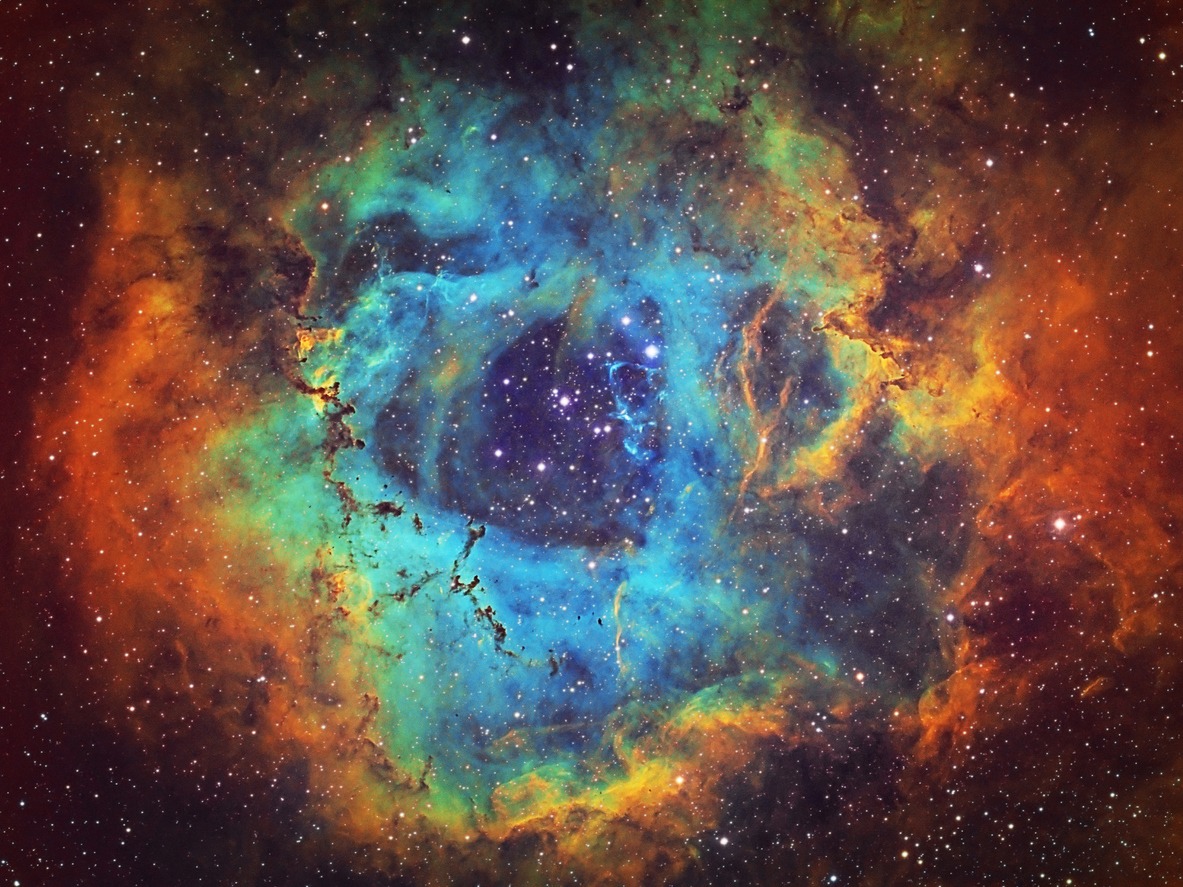Hot on the heels of Aleph Farms sending some of its cultivated meat cells up into space to be 3D printed into a tiny, tiny piece of steak, another bold agri-food tech mission is setting its sights on the International Space Station.
Front Range Biosciences, an agtech company focused on the breeding and nursery production of new plant varieties and seeds for the hemp and coffee industries, has revealed a partnership with SpaceCells and BioServe Space Technologies to send hemp and coffee tissue culture to space.
The mission will transport plant cultures to space to examine zero gravity’s effects on the plants’ metabolic pathways.
This extra-terrestrial experiment is being targeted for transportation to the space station aboard the SpaceX CRS-20 cargo flight scheduled for March 2020. And it will look at how plant cells undergo gene expression changes or genetic mutations while in space.
Front Range Biosciences is providing the plant cultures; SpaceCells will provide expertise, management, and funding for the project. BioServe has flight-qualified hardware to house the plant cultures and facilities onboard the International Space Station (ISS) to maintain the cultures under controlled conditions. BioServe will also manifest and integrate the experiment and will work with the NASA astronauts to transfer experiment hardware to BioServe’s incubator onboard ISS and to enact the experiment.
Up to 480 plant cell cultures
Up to 480 plant cell cultures will reside in a space-made incubator that will regulate the temperature in their temporary home aboard the ISS for about 30 days. The environmental conditions for the cultures will be monitored remotely from BioServe’s payload operations center at the University of Colorado, Boulder. After about a month, the cells will be returned to Earth, where researchers at Front Range Biosciences will examine the plant samples and evaluate their RNA to determine how micro-gravity and space radiation exposure altered the plants’ gene expression.
“This is one of the first times anyone is researching the effects of microgravity and spaceflight on hemp and coffee cell cultures,” said Dr. Jonathan Vaught, cofounder and CEO of Front Range Biosciences, in a press release sent to AFN. “There is science to support the theory that plants in space experience mutations. This is an opportunity to see whether those mutations hold up once brought back to earth and if there are new commercial applications.”
The press release claims that ultimately, the results of the research could help growers and scientists identify new varieties or chemical expressions in the plant. This will also allow scientists to better understand how plants manage the stress of space travel and set the stage for a whole new area of research for the company and the industry.
With the advent of private space travel, an area of space research has emerged called “new space,” where researchers are studying the effects of microgravity on a variety of organisms, including everything from disease cells to various plant varieties. SpaceCells is at the forefront of the commercialization of that research.
“We’ve been fortunate to be a leader in the new space industry and we’re excited to explore these amazing opportunities with the team at Front Range Biosciences and BioServe,” said Peter McCullagh, CEO of SpaceCells. “These are big ideas we’re pursuing and there’s a massive opportunity to bring to market new Chemotypes, as well as Plants that can better adapt to drought and cold conditions. We expect to prove through these and other missions that we can adapt the food supply to climate change.”
Because of rising temperatures due to climate change, there are many environments on Earth that are unable to support crops that once thrived in those regions. Learning how plants respond to novel environments – such as space – can help companies like Front Range Biosciences breed crops to thrive in locations where they have not performed successfully in the past. Front Range Bioscience’s partner for coffee production, Frinj, has developed coffee varieties and farming methods for growing coffee in Southern California. The project with SpaceCells will mark the beginning of FRB’s genomics program in coffee. “We are excited to learn more about both hemp and coffee gene expression in microgravity and how that will inform our breeding programs,” said Dr. Reggie Gaudino, VP of Research and Development at FRB.
The crew at Front Range Biosciences, SpaceCells USA and BioServe do not believe this will be the sole mission. Instead, the group plans on conducting a series of investigations that can boost the productivity and viability of terrestrial crops and plants.
“We envision this to be the first of many experiments together,” said Louis Stodieck, chief scientist of BioServe Space Technologies at the University of Colorado, Boulder. “In the future, we plan for the crew to harvest and preserve the plants at different points in their grow-cycle so we can analyze which metabolic pathways are turned on and turned off. This is a fascinating area of study that has considerable potential.”
In more earthly news, Vertosa raises $6 million
So it seems the sky is not the limit — though there will still be plenty of well-funded cannabis competitors waiting for them back on the ground. Vertosa, a tech start-up focused on cannabis and hemp infusion, has just secured $6 million in seed funding. The round was co-led by AFI Capital Partners and Welcan Capital. AFI and Welcan are both veteran cannabis investors.
What do you think about hemp hype? Get in touch at [email protected]





